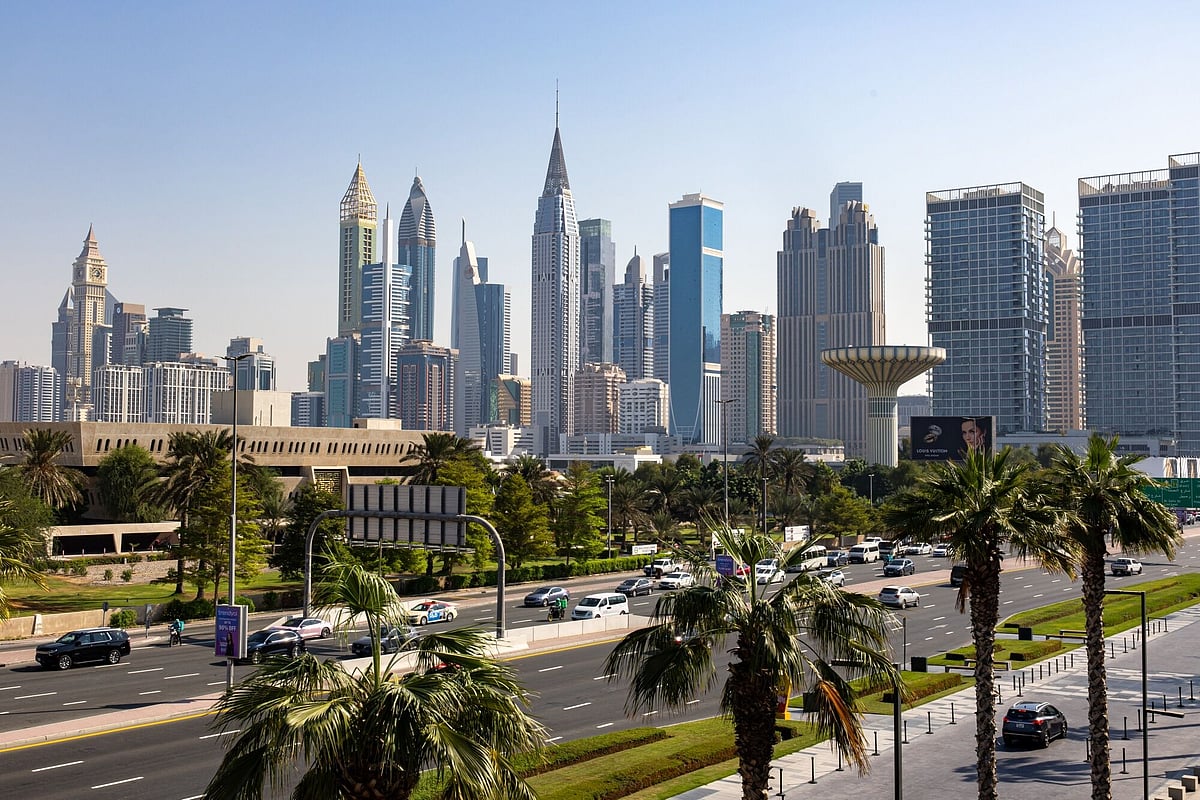Dubai: Wealthy Indians could channel as much as $20 billion annually into overseas markets under India’s liberalised foreign investment rules, with the UAE emerging as a top destination, according to Amit Goenka, Chairman and Managing Director of Nisus Finance.
The Reserve Bank of India’s revised framework for Overseas Direct Investment (ODI) and Overseas Portfolio Investment (OPI) under the Foreign Exchange Management Act (FEMA) has eased restrictions and created fresh avenues for outbound capital. The rules allow Indian entities to invest abroad through the Automatic Route up to 400% of their net worth without prior RBI approval, covering equity, loans, and guarantees.
Outbound flows have already accelerated. India’s overseas investments jumped nearly 68% to $41.6 billion in FY2024–25 from $24.8 billion the previous year, according to Ernst & Young. Outward remittances under the Liberalised Remittance Scheme (LRS) also hit a record $29 billion between April 2023 and February 2024, up more than 21% year-on-year.
“Affluent Indians are increasingly turning to foreign equities and assets, and we expect these flows to touch $20 billion annually in the coming years,” Goenka said. “The UAE will remain a natural magnet for this capital, given its real estate depth, business opportunities, and growing financial maturity.”
UAE real estate at forefront
The UAE’s property sector alone is valued at nearly $680 billion, with transactions worth Dh761 billion ($207 billion) recorded in 2024. Volumes rose 36% year-on-year, while values climbed 20%. Dubai drew 110,000 new investors into real estate last year, up 55% from 2023.
Despite strong demand, Goenka pointed to a $100 billion annual funding gap in UAE real estate, of which traditional capital covers just 30%. The remaining 70% represents an untapped opportunity for private capital, credit, and equity. Nisus Finance, through its NiFCO fund, is targeting affordable housing projects in areas such as Jumeirah Village Circle and Al Furjan, where 95% of new growth is taking place.
The market is also evolving. Dubai Land Department’s tokenisation pilot aims to enable Dh60 billion in digital real estate transactions by 2033. With Boston Consulting Group projecting tokenised assets could reach $16 trillion globally by 2030, Goenka expects real estate tokenisation to become a mainstream asset class. Nisus Finance is already integrating PropTech, AI, and blockchain into its strategies.
Wider investment shift
The UAE’s appeal extends beyond property. Geopolitical shifts are prompting global manufacturers to pivot to the Gulf, with Dubai, Abu Dhabi, and the Northern Emirates offering single-window clearances, land, and financing. At the same time, Vision 2040 targets a population increase from 10 million to 13.6 million, boosting long-term demand for housing, infrastructure, and logistics.
In 2024 alone, more than 4,300 ultra-wealthy Indian families relocated to the UAE, bringing an estimated $5 billion in investable assets. Their arrival is fueling demand for luxury housing, schools, and business services, adding momentum to the economy.
Global investors are also deepening their presence. Sovereign wealth funds, pension funds, and firms such as Blackstone and Brookfield have entered the UAE market. “We are witnessing a shift from legacy family capital to professionally managed global capital — a sign of market maturity, not slowdown,” Goenka said.
Outlook
Goenka estimates the UAE’s REIT market, now valued at $7–8 billion, could expand sharply in the next five to seven years, replicating growth seen in Singapore and the US. Nisus Finance itself is targeting $1 billion in investments through its platform and partnerships.
“The opportunity is here, the capital is ready. It’s now about connecting the dots,” Goenka said.
Sign up for the Daily Briefing
Get the latest news and updates straight to your inbox
Network Links
GN StoreDownload our app
© Al Nisr Publishing LLC 2026. All rights reserved.

